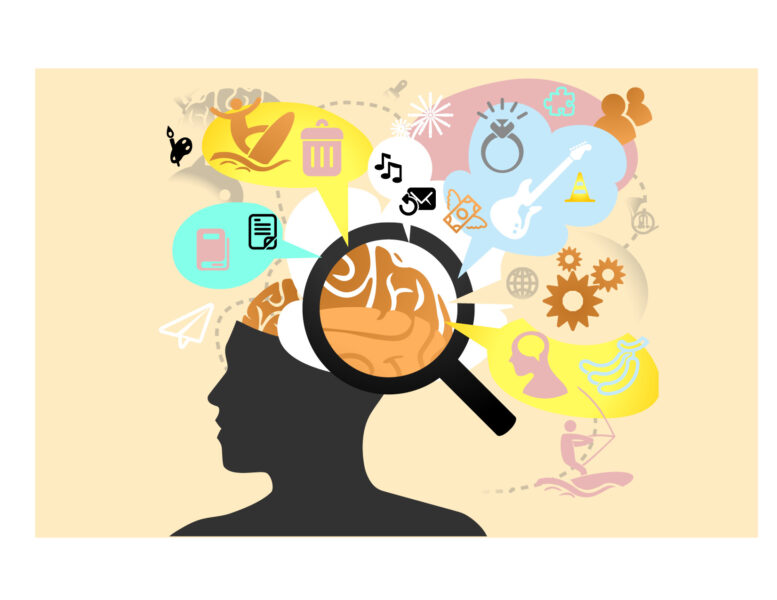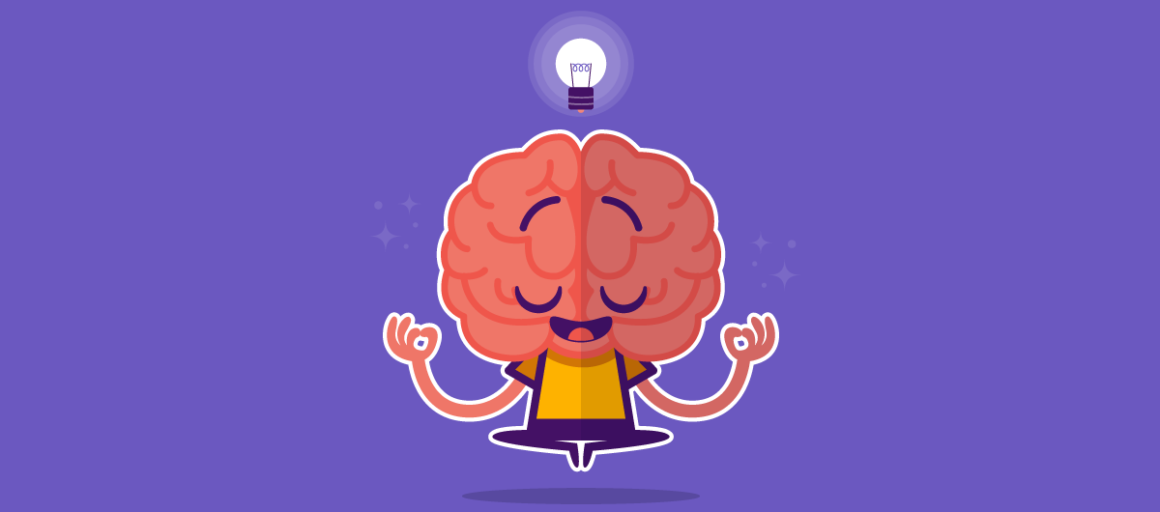If you’ve ever walked into a room and forgotten why you were there or misplaced your keys, you’ve likely wondered if this is normal and searched online for ways to improve your memory. Everyone experiences forgetfulness occasionally, which is perfectly normal. However, memory loss shouldn’t be taken lightly. Our memories are integral to our identity, and as we age, our memory starts to decline sooner than we might expect. Research shows that the brain begins to shrink in our 30s, particularly in the frontal lobe, which handles executive functions. For many older adults, this decline can become severe enough to impact their ability to live independently, which is a major concern that adults have as they age.
While there are no guarantees for preventing memory loss or dementia, there’s promising news: scientists have been uncovering more about the brain’s incredible ability to change and grow new neural connections throughout life, a concept known as neuroplasticity. Research into neuroplasticity has revealed that memory capacity is not fixed but can be enhanced, much like plastic can be molded. To harness neuroplasticity and boost your memory, you need to exercise your brain and take care of your body. Let’s explore six simple ways to sharpen your memory and recognize when to seek help for memory loss.
Common causes of forgetfulness
Forgetfulness can stem from various causes, many of which are benign and easily addressed. Here are some common factors:
Stress and Anxiety: Mental health issues place extra strain on your brain. Over time, they can change how your brain processes information ultimately affecting focus, cognition, and memory. High levels of stress, anxiety, and even depression are known to interfere with attention and memory formation, leading to forgetfulness.
Sleep Deprivation: Lack of quality sleep is perhaps the greatest unappreciated cause of forgetfulness. Too little restful sleep can also lead to mood changes and anxiety, which in turn impairs cognitive functions, including memory. Sleep disorders such as Insomnia or sleep apnea can affect thinking and memory skills, experts recommend that adults sleep between 7 and 9 hours a night.

Excessive alcohol consumption: Drinking too much alcohol can interfere with short-term memory, even after the effects of alcohol have worn off. Alcohol affects short-term memory by slowing down how nerves communicate with each other in a part of the brain called the hippocampus which plays a significant role in helping people form and maintain memories. When normal nerve activity slows down, short-term memory loss can occur.
Thyroid abnormalities: Thyroid problems, particularly hypothyroidism (underactive thyroid), can significantly impact memory. According to the American Thyroid Association, hypothyroidism is common in adults and is frequently associated with cognitive issues, such as increased forgetfulness, mental slowing, and brain fog. The thyroid gland produces hormones that regulate metabolism, energy levels, and brain function. When the thyroid doesn’t produce enough hormones, it can slow down metabolic processes, leading to fatigue, depression, and cognitive issues, including forgetfulness. Symptoms like brain fog, difficulty concentrating, and memory lapses are common in individuals with thyroid dysfunction.
Medications: Certain medications can have side effects that impact memory. Antidepressants, some blood pressure drugs, and tranquilizers are a few examples of medications that can affect memory, usually by causing sedation or confusion.
When to be concerned about memory loss
While occasional forgetfulness is normal, there are signs that memory loss may be more serious and require medical attention, the signs include:
- Frequent Memory Lapses
- Difficulty Performing Familiar Tasks
- Confusion and Disorientation
- Repeating questions or stories in the same conversation without realizing it
If you or a loved one experiences these symptoms, or your memory lapses seem sudden, it’s important to consult a healthcare professional for a thorough evaluation.
Tips to improve your memory

Forgetting often occurs simply because we’re not paying enough attention. Focusing long enough to truly observe something is essential for memory retention. Fortunately, there are several effective strategies to boost your memory and keep your brain healthy. Here are six tips:
Maintain a Healthy Diet
A balanced diet rich in fruits, vegetables, whole grains, and lean proteins supports brain health. Foods high in antioxidants, like berries, and omega-3 fatty acids, like fish, are particularly beneficial. Many experts regard the Mediterranean diet as this is the diet that’s been studied the most in terms of brain health benefits.
Exercise regularly
Physical exercise, particularly aerobic exercise, is incredibly beneficial for brain health. Studies have shown that aerobic exercises, such as walking, running, or swimming, can increase the size of the hippocampus, (the part of the brain involved in memory and learning) leading to improvements in spatial memory. Engaging in regular physical activity can therefore improve cognitive function and reduce the risk of memory decline.

Get Quality Sleep
Sleep is crucial for memory consolidation. Not getting enough sleep has been linked to memory loss, so has restless sleep and sleep that gets disturbed often. Make getting enough sleep a priority, and aim for 7-9 hours of quality sleep each night to enhance cognitive functions.
Stay mentally active
Just as physical activity keeps your body in shape, activities that engage your mind help keep your brain in shape and those activities might help prevent some memory loss. Memory-based games such as puzzles or crosswords can improve cognitive skills and strengthen neural connections.

Revive an old skill or learn a new one
Learning a completely new skill is a valuable memory activity at any age, but you need to keep practicing to establish it in memory. Relearning a skill on the other hand is easier than learning for the first time and it’s a great way to enhance memory. Whether it’s picking up a musical instrument you once played or learning a new language, these activities are a sure way of promoting neuroplasticity.
Read fiction
Enjoying fiction demands extended attention and the ability to remember what happened at every stage of the story. This makes reading fiction a particularly powerful memory workout. Reading fiction therefore doesn’t just boost emotional intelligence, concentration, and critical thinking, it also helps boost cognitive function and memory. Make it a habit to read regularly.

While occasional forgetfulness is normal, taking proactive steps to improve your memory can make a significant difference in your cognitive health. Our memory is a skill, and just like other skills, it can be improved with practice and healthy overall habits, it’s never too early or too late to start taking care of your brain.

